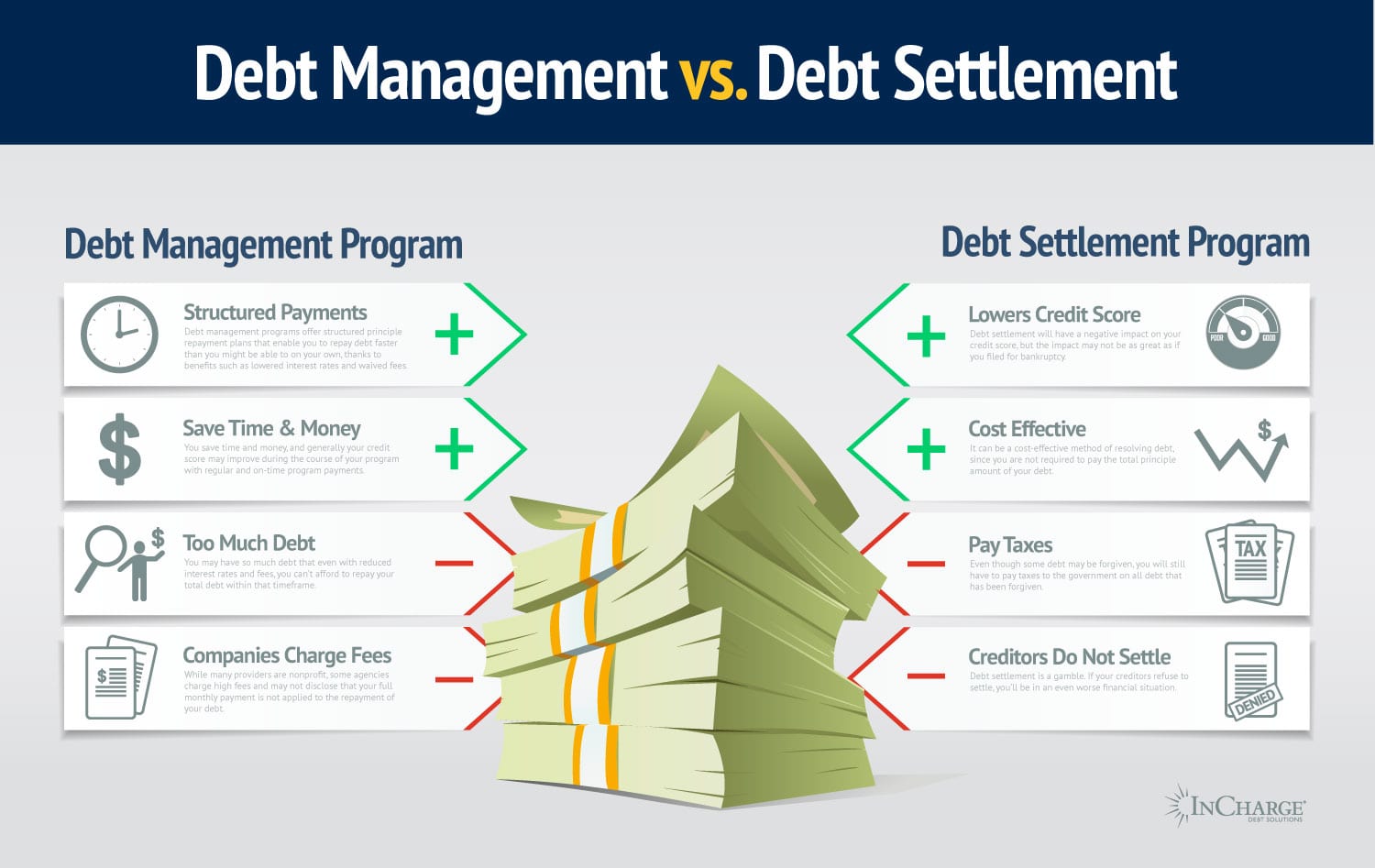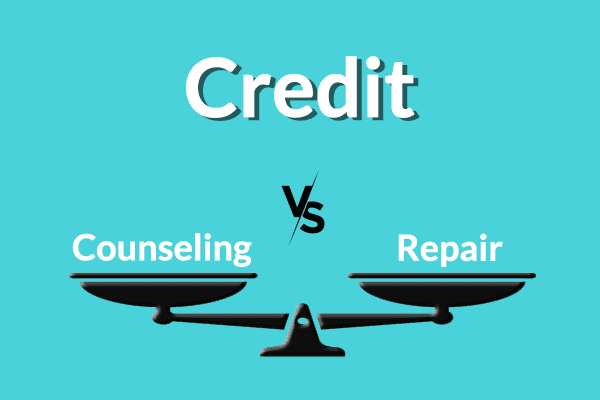Proven Credit Repair Strategies: Take Control Of Your Creditworthiness
Are you tired of feeling like your creditworthiness is out of control? Well, it’s time to take charge and implement some proven credit repair strategies that will put you back in the driver’s seat. In this article, we’ll explore effective methods to improve your credit score and regain financial freedom.
Your creditworthiness is a crucial factor that lenders consider when deciding whether to grant you a loan or credit. It determines your ability to borrow money and the interest rates you’ll be offered. So, if you’ve been struggling with a less-than-desirable credit score, it’s time to turn things around.
In this guide, we’ll reveal insider tips and tricks to help you repair your credit and boost your financial standing. From understanding the factors that influence your credit score to implementing practical strategies that will yield tangible results, we’ve got you covered. So, get ready to take control of your creditworthiness and pave the way to a brighter financial future.
Take control of your creditworthiness with these proven credit repair strategies. Improve your credit score by following these steps:
- Review your credit reports from all three major credit bureaus: Experian, TransUnion, and Equifax.
- Dispute any errors or inaccuracies you find on your credit reports.
- Pay your bills on time and in full each month to establish a positive payment history.
- Reduce your credit utilization by paying down your balances and avoiding maxing out your credit cards.
- Avoid opening new credit accounts unless necessary, as too many new accounts can negatively impact your credit score.
- Monitor your credit regularly and stay proactive in managing your credit.
By implementing these strategies, you can take control of your creditworthiness and improve your overall financial health.

Proven Credit Repair Strategies: Take Control of Your Creditworthiness
Welcome to our comprehensive guide on proven credit repair strategies that will help you take control of your creditworthiness. Having good credit is essential for financial stability and the ability to secure loans, mortgages, and favorable interest rates. If you’ve experienced credit challenges in the past or are simply looking to improve your credit score, this article is for you. We’ll explore effective strategies and techniques that can make a significant impact on your creditworthiness.
Understanding Your Credit Score
Your credit score is a numerical representation of your creditworthiness. Lenders use this score to assess the risk of lending you money and determine the terms of the loan. Understanding how your credit score is calculated is the first step in improving it. Several factors contribute to your credit score, including:
- Payment history
- Credit utilization
- Length of credit history
- Credit mix
- New credit inquiries
By focusing on these areas, you can implement strategies that will positively impact your credit score and overall creditworthiness.
Payment History: The Foundation of Good Credit
Your payment history is the most critical factor in determining your creditworthiness. It accounts for approximately 35% of your credit score. Consistently making on-time payments is crucial for improving your credit standing. Late payments, defaults, or bankruptcies can significantly lower your credit score. To establish a solid payment history:
- Set up automatic payments or reminders to ensure you never miss a due date.
- Pay at least the minimum amount due on all your accounts.
- Contact lenders if you’re facing financial difficulties to explore alternative payment arrangements.
By demonstrating responsible payment behavior, you can positively influence your creditworthiness over time.
Credit Utilization: Keep Your Balances in Check
Credit utilization refers to the percentage of available credit you’re using. It is an essential factor in determining your creditworthiness, accounting for approximately 30% of your credit score. Keeping your credit utilization below 30% is recommended. To manage your credit utilization effectively:
- Pay off outstanding balances or reduce them as much as possible.
- Avoid closing unused credit accounts, as this can increase your overall credit utilization ratio.
- Consider requesting a credit limit increase to lower your utilization ratio.
By maintaining low credit utilization, you demonstrate responsible credit management, positively impacting your creditworthiness.
Credit Repair Strategies: Taking Action
Now that you have a solid understanding of the key factors affecting your creditworthiness, let’s explore some proven credit repair strategies that can help you take control of your credit:
1. Review Your Credit Reports Regularly
Obtain copies of your credit reports from the major credit bureaus (Equifax, Experian, and TransUnion) and review them carefully. Look for any errors, inaccuracies, or fraudulent accounts. Dispute any incorrect information to have it corrected or removed from your report.
2. Create a Budget and Stick to It
Developing a budget is essential for managing your finances and improving your creditworthiness. Identify your income, expenses, and areas where you can reduce spending. Allocate funds towards paying off debts and building an emergency savings fund.
3. Pay Off High-Interest Debts First
If you have multiple outstanding debts, prioritize paying off those with high-interest rates first. This strategy allows you to save money on interest payments while reducing your overall debt load.
Building Positive Credit Habits
Besides the specific credit repair strategies mentioned above, adopting healthy credit habits can greatly contribute to improving your creditworthiness. Here are a few additional tips:
1. Don’t Apply for Multiple Credit Cards in a Short Period
Each time you apply for a new credit card, it triggers a hard inquiry on your credit report, which can temporarily lower your credit score. Limit new credit card applications to those you truly need.
2. Keep Old Credit Accounts Open
Length of credit history is an important factor in your credit score calculation. Avoid closing old credit accounts, as they contribute to the overall age of your credit history and positively impact your creditworthiness.
3. Communicate with Your Creditors
If you’re facing financial challenges and struggling to make payments, it’s essential to communicate with your creditors. Many lenders are willing to work with you to establish a repayment plan or modify the terms of your loan.
By implementing these credit repair strategies and building positive credit habits, you can take control of your creditworthiness and put yourself on the path to financial success.
Key Takeaways
- Check your credit report regularly to identify any errors or discrepancies.
- Create a budget and stick to it to ensure you can make timely payments.
- Pay your bills on time to build a positive credit history.
- Reduce your credit card debt by paying more than the minimum payment.
- Communicate with your creditors if you’re facing financial difficulties to explore options for repayment.
Frequently Asked Questions
What are some effective credit repair strategies?
When it comes to repairing your credit, there are several proven strategies that can help you regain control of your creditworthiness. One effective strategy is to review your credit report regularly. By checking your report for errors or inaccuracies, you can dispute any discrepancies and ensure that your credit information is accurate.
Another crucial strategy is to pay your bills on time. Late payments can have a negative impact on your credit score, so it’s important to prioritize timely payments. Additionally, reducing your credit utilization ratio by paying down your debts can also improve your creditworthiness. Finally, consider working with a reputable credit repair agency that can provide guidance and assistance throughout the process.
How long does it take to repair credit?
The time it takes to repair your credit can vary depending on the severity of your credit issues and the strategies you employ. While some improvements can be seen in a matter of months, significant credit repair may take several years. It’s important to approach credit repair with patience and consistency, as building a positive credit history takes time.
Remember, credit repair is a journey, and it’s essential to maintain good financial habits over the long term. By consistently following proven credit repair strategies, you can gradually improve your creditworthiness and achieve your financial goals.
Can I repair my credit on my own?
Yes, it is possible to repair your credit on your own. Many individuals have successfully improved their credit scores by implementing proven credit repair strategies independently. However, it’s important to note that credit repair can be a complex process, and it may be beneficial to seek guidance from credit repair professionals.
If you choose to go the DIY route, start by reviewing your credit report for errors or inaccuracies. Dispute any discrepancies and follow up with the credit bureaus to ensure corrections are made. Additionally, develop a budget and prioritize timely bill payments to establish a positive payment history. Keeping your credit utilization low and avoiding new credit inquiries can also contribute to credit repair efforts.
Are there any quick fixes for credit repair?
While there are no overnight solutions for credit repair, there are some steps you can take to expedite the process. One quick fix is to address any errors or inaccuracies on your credit report. Disputing these discrepancies with the credit bureaus can lead to speedy corrections and an immediate improvement in your credit score.
Another quick fix is to pay down your debts. By reducing your credit utilization ratio, you can demonstrate responsible credit management and boost your creditworthiness. However, it’s important to remember that credit repair is a gradual process, and long-term financial habits will ultimately have a more significant impact on your credit score.
How can I maintain good credit after repairing it?
Once you have successfully repaired your credit, it’s crucial to maintain good financial habits to preserve your creditworthiness. Start by continuing to make timely bill payments. Consistently paying your bills on time will establish a positive payment history and demonstrate responsible credit management.
Additionally, it’s important to keep your credit utilization ratio low by managing your debts responsibly. Avoid maxing out your credit cards and try to pay off your balances in full each month. Regularly reviewing your credit report for errors can also help you identify any potential issues and address them promptly. By maintaining these habits, you can ensure your credit remains in good standing.
CREDIT REPAIR SECRETS YOU NEED TO KNOW! | Easy DIY Credit Repair!
Final Summary: Take Control of Your Creditworthiness with Proven Credit Repair Strategies
Your creditworthiness is the key to unlocking financial opportunities and peace of mind. By implementing proven credit repair strategies, you can regain control of your credit and pave the way for a brighter financial future.
One of the most effective strategies is to start by reviewing your credit report for any errors or discrepancies. Inaccurate information can negatively impact your credit score, so it’s crucial to dispute any mistakes and have them corrected. Additionally, developing a solid repayment plan and sticking to it can help you tackle outstanding debts and improve your creditworthiness over time.
Another important aspect of credit repair is establishing good financial habits. This includes making timely payments, keeping credit card balances low, and avoiding unnecessary credit inquiries. These small steps can have a significant impact on your credit score and demonstrate to lenders that you are a responsible borrower.
Remember, repairing your credit takes time and patience. It’s a journey, but with determination and the right strategies, you can gradually improve your creditworthiness and open doors to better financial opportunities. Take control of your credit today and set yourself up for a brighter financial future.






